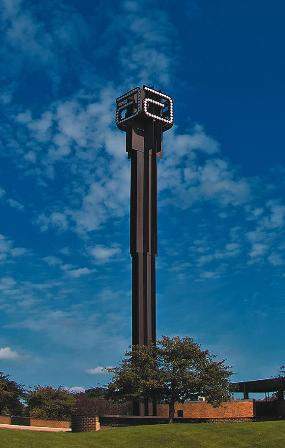
The next-generation MitraClip device will offer cardiologists with advanced steering, navigation, and positioning capacities for the clip, enabling to use it in complicated anatomies.
Abbott said the transcatheter clip-based therapy is currently on a third generation of product innovations and was used to treat over 65,000 patients across the world in the last ten years.
Abbott’s enhanced system has been developed to support the precise placement during deployment and offer second clip size with longer arms that expands the reach of the clip-based device.
The additional clip size will enable doctors to treat patients who have more complex anatomies when repairing the mitral valve.
Earlier this year, the company secured CE mark approval for the next-generation device to commercialize in the European Union and other countries that accept the regulatory designation.
A leaking mitral valve, called as mitral regurgitation (MR), is a progressive heart disease in which the flaps of the mitral valve do not close properly, allowing blood to flow backward into the heart.
Abbott’s structural heart business vice president Michael Dale said: “Abbott engineers designed these enhancements based on feedback from doctors to improve device delivery and to treat more types of cases and anatomies.
“We’re committed to helping people with mitral regurgitation return to living their best lives, and these advances will enable doctors to treat even more patients without surgery.”
MitraClip, which treats people with degenerative mitral regurgitation, is a therapy delivered via catheter to the heart through blood vessel in the leg.
Recently, the firm started recruiting patients in the MitraClip Expand clinical study, which is designed to assess the safety and performance of the new MitraClip system in a contemporary real-world setting.
MitraClip secured CE mark approval in Europe in 2008, and the FDA approval in 2013.
The heart can pump blood more efficiently across the body by securing a portion of the leaflets of the mitral valve with an implanted clip.






